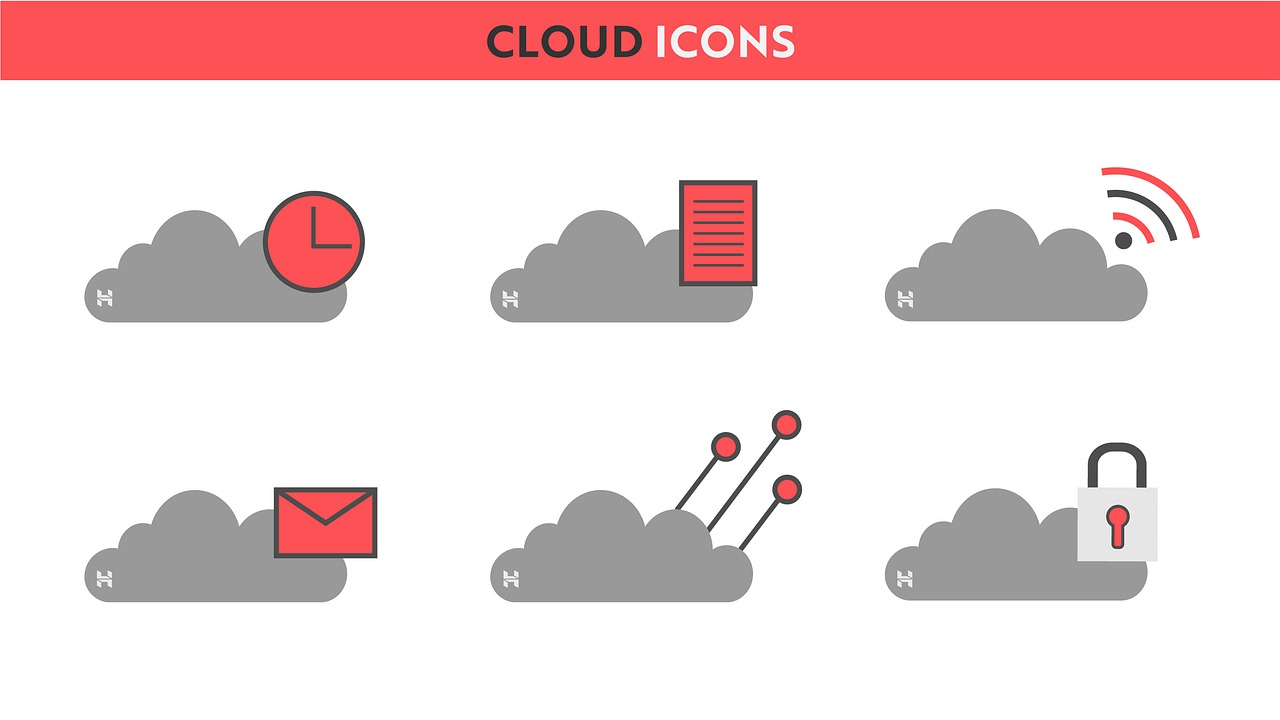
 What Is the Difference Between VPS and Cloud?
What Is the Difference Between VPS and Cloud? Virtual private servers are typically used to create web hosting environments. In addition, virtual machines can be hosted on the same server that supports multiple operating systems. The main advantage of this approach is that it enables organizations to run applications without having to buy separate computers. However, if you do not need this level of control over your infrastructure, you may prefer to use a cloud platform instead.
In general, the cost of running an application in a public cloud will be lower than the price of a VPS.
What Is VPS Hosting?
When you host your website on the internet, you need to choose a web server. This will determine how fast you’ll be able to access the information on your site. You also need to consider whether you want a shared server, dedicated server, or virtual private server.
A virtual private server (VPS) provides the best of both worlds. On one hand, you get the flexibility of running your own server, but you don’t have to pay for all of the hardware and software that you might use. A VPS is essentially a virtual machine. That means you can run multiple operating systems at once.
DIFFERENCE BETWEEN A MANAGED AND UNMANAGED VPS
Virtual Private Server (VPS) refers to a type of server that allows you to use your own computer hardware instead of renting servers from an internet service provider. With this kind of hosting, you can get access to many different features, such as email, website space, and more.
However, there are some downsides to using virtual private servers. For example, you will need to have enough knowledge to manage the system yourself. You should also be able to fix any problems that may arise on your own. If these conditions aren’t met, then you might end up paying for services that you don’t really need.
You Have More Allocated Resources
In today’s world, you can get everything from your phone to your computer to your television. The problem is that all of these devices require power. And, most people don’t realize how much energy they use. For example, a smartphone uses up to 100 times as much electricity as an LED lightbulb.
You can also save money by using less power. If you want to reduce the amount of energy that you consume, then you should try to be conscious of the way that you’re using your appliances. This means making sure that you turn off lights when you leave a room and unplug any unused electronics.
Access to All of the Settings
If you have a web hosting account, then you can use your own computer or laptop to log into your website. However, this isn’t always possible. For example, if you’re using VPS servers, then you won’t be able to control everything from within your home environment. This means that you’ll need to make sure that you have an internet connection.
You should also know how to set up the server so that it’s easy for you to manage. You can do this by accessing the administrative tools provided by the company. If you don’t want to spend time doing this, then you can hire someone else to help you.
It’s Somewhat Scalable
It’s kind of funny that the term “cloud computing” was coined by Google. While it is true that there are many benefits to using a virtual private server (vps), you should know that it can be scaled up or down depending on your needs.
This means that if you have more than one website, you can add additional vps servers. If you’re running just one site, you can scale back the number of servers you use. This way, you won’t need to pay for extra bandwidth.
If you don’t want to spend money on a dedicated hosting plan, you can always sign up for a shared host.
What Is Cloud Hosting?
If you’re looking to host a website, then you should know that there are two different kinds of web hosts. The first kind is dedicated servers, while the second type of hosting service is known as a virtual private server (VPS). Both of these services have their own pros and cons, so it’s important for you to understand what they are before you decide on one.
A VPS allows you to use your computer resources to run multiple websites. This means that you’ll be able to create more than just one site. However, this also increases the risk of getting hacked by cybercriminals.
Flexible Pricing
Flexible pricing is a term used to describe how businesses charge their customers. This article explains why flexible pricing works so well, and why you should consider using this method when you start your own business.
When you first open up shop, you might want to use a fixed-price model. However, after that initial period, you’ll likely notice that you’re losing money. You will be spending more than you would have spent if you’d simply been charging the same amount each month.
If you don’t know what you’re doing, then you could end up with a huge debt by the time you get around to paying off the bills.
Scalable
In recent years, virtual private servers (or VPS) have become very popular. This type of hosting service allows you to rent a small server that is located on your own computer. The great thing about this system is that you can use it to host multiple websites without having to pay for more than one physical server.
While many people believe that these systems are expensive, the truth is that they aren’t nearly as costly as you might expect. In fact, most people end up saving money by using them.
One of the main reasons why people choose to purchase their own VPS is because they want complete control over the services that they provide.
Redundancy and Rapid Deployment
When you’re looking to deploy your VPS hosting solution, you need to make sure that you have redundancy. This means that you should be able to switch over to another server if one of them fails. You also want to consider the speed of the service, as this is a very important factor.
If you’re looking for a VPS hosting plan, you might want to take a look at Virtual Private Servers. There are many benefits to using these services, including the ability to add extra resources, such as more RAM or CPU power. With a virtual private server, you can easily scale up or down based on your needs.
Reliability
Cloud computing offers many advantages to businesses, but reliability is one area where it falls short.
While the technology behind cloud-based services has improved, their ability to handle failure hasn’t. For example, a recent study found that Amazon Web Services (AWS) suffers from downtime rates of more than 50 percent.
In addition to high levels of availability, VPS providers have also been plagued by issues related to uptime. The problem with this type of hosting is that it can be difficult to determine whether your website will continue to function properly when you need it most.








